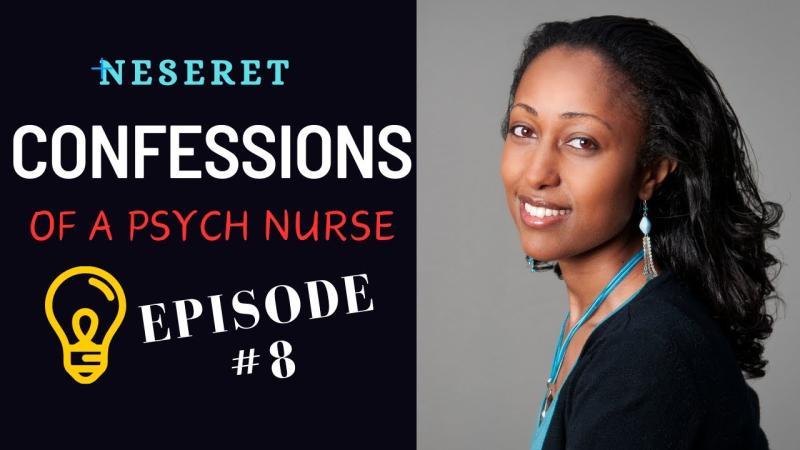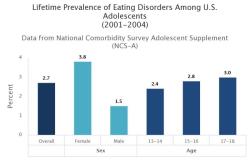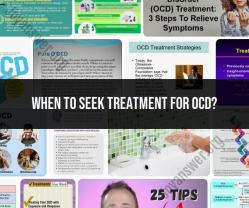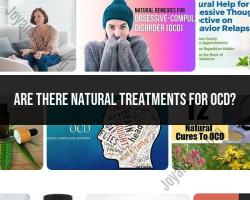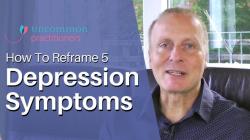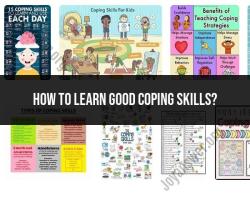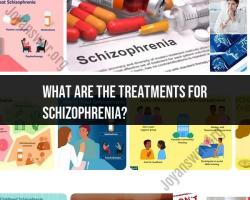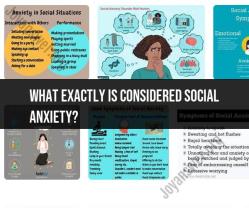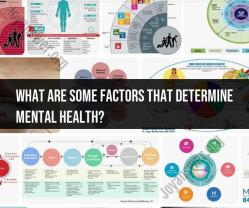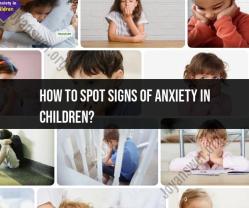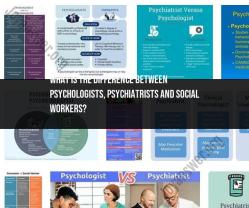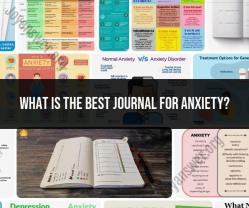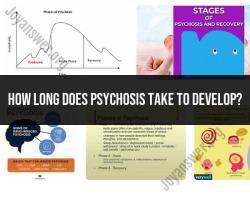Can I treat my mental illness without medication?
The approach to treating mental illness without medication depends on the type and severity of the mental health condition. While some individuals may successfully manage certain mental health challenges without medication, it's important to note that this approach may not be suitable or effective for everyone. It's crucial to work closely with mental health professionals to determine the most appropriate treatment plan for your specific situation. Here are some non-medication strategies that may be considered:
Therapy and Counseling:
- Psychotherapy or counseling, such as cognitive-behavioral therapy (CBT), dialectical behavior therapy (DBT), or talk therapy, can be effective in addressing various mental health conditions.
Support Groups:
- Participating in support groups allows individuals to connect with others facing similar challenges, share experiences, and receive support.
Lifestyle Changes:
- Adopting healthy lifestyle habits, including regular exercise, a balanced diet, sufficient sleep, and stress management, can positively impact mental health.
Mindfulness and Relaxation Techniques:
- Practices such as mindfulness meditation, deep breathing exercises, and progressive muscle relaxation can help manage stress and improve overall well-being.
Structured Routine:
- Establishing a consistent daily routine can provide stability and predictability, which can be particularly helpful for individuals with conditions like bipolar disorder or certain anxiety disorders.
Holistic Approaches:
- Some individuals find benefit from holistic approaches such as yoga, acupuncture, massage therapy, or art therapy. These can complement traditional therapeutic methods.
Self-Help Strategies:
- Engage in self-help strategies, such as journaling, creative expression, or self-reflection, to better understand and manage your mental health.
Social Support:
- Cultivate strong social connections with friends, family, or a support network. Social support is crucial for mental well-being.
Education:
- Learn more about your mental health condition and effective coping strategies. Education empowers individuals to actively participate in their own well-being.
Professional Guidance:
- Work with mental health professionals, including psychologists, social workers, counselors, or psychiatric nurses, to develop and implement an individualized treatment plan.
It's essential to emphasize that some mental health conditions may require medication as part of the treatment plan. Medication can be effective in managing symptoms, especially in cases of severe or persistent mental health disorders. Always consult with a qualified mental health professional to discuss your specific symptoms, needs, and preferences. They can help determine the most appropriate and effective treatment approach tailored to your individual situation.
Yes, it is possible to manage or treat mental illness without medication. While medication can be an effective treatment for certain mental health conditions, there are numerous non-medication approaches that can significantly enhance mental well-being and address mental health challenges.
Effective Non-Medication Approaches for Mental Illness
Therapy: Psychotherapy, particularly cognitive behavioral therapy (CBT), is a highly effective non-medication treatment for a wide range of mental health conditions, including depression, anxiety disorders, and obsessive-compulsive disorder (OCD). CBT helps individuals identify and modify negative thought patterns and behaviors that contribute to their mental health struggles.
Counseling: Counseling provides a safe and supportive space for individuals to discuss their concerns, receive guidance, and develop coping mechanisms for managing mental health challenges. Counselors can help individuals understand their emotions, develop problem-solving skills, and strengthen their resilience.
Mindfulness and Stress Management Techniques: Mindfulness practices, such as meditation and deep breathing exercises, can effectively reduce anxiety, improve emotional regulation, and enhance overall well-being. These techniques help individuals focus on the present moment, reduce rumination, and cultivate a sense of calm.
Lifestyle Modifications: Healthy lifestyle habits, such as regular exercise, adequate sleep, and a balanced diet, can significantly impact mental health. Physical activity releases endorphins, natural mood-boosters, while sufficient sleep is essential for brain function and emotional regulation. A nutritious diet provides essential nutrients that support brain health and mental well-being.
Support Groups: Participating in support groups can provide individuals with a sense of community, validation, and shared experiences. Sharing challenges and coping strategies with others who understand their struggles can be a powerful source of support and motivation.
Complementary and Alternative Therapies: Some complementary and alternative therapies, such as acupuncture, massage therapy, and herbal remedies, have shown promise in managing certain mental health symptoms. However, it is crucial to consult with a healthcare professional before pursuing these options to ensure their safety and effectiveness.
Alternative Treatments and Therapies for Mental Health
In addition to the non-medication approaches mentioned above, there are also alternative treatments and therapies that may be effective for managing mental health conditions. These include:
Transcranial Magnetic Stimulation (TMS): TMS is a non-invasive procedure that uses magnetic fields to stimulate nerve cells in the brain. It has been shown to be effective for treating depression and other mental health conditions.
Electroconvulsive Therapy (ECT): ECT is a procedure that involves passing an electrical current through the brain to induce a seizure. It is typically used for severe depression that has not responded to other treatments.
Neurofeedback: Neurofeedback is a type of biofeedback that helps individuals learn to control their brainwave activity. It has shown promise in treating attention deficit hyperactivity disorder (ADHD) and other mental health conditions.
It is important to note that these alternative treatments should only be considered under the supervision of a qualified healthcare professional. They should not be used as a substitute for traditional mental health treatments.
Remember, mental health is a complex issue, and there is no one-size-fits-all approach to treatment. The most effective approach often involves a combination of different modalities, including non-medication approaches, therapy, and, in some cases, medication. Consult with your healthcare provider to determine the best course of treatment for your individual needs.
